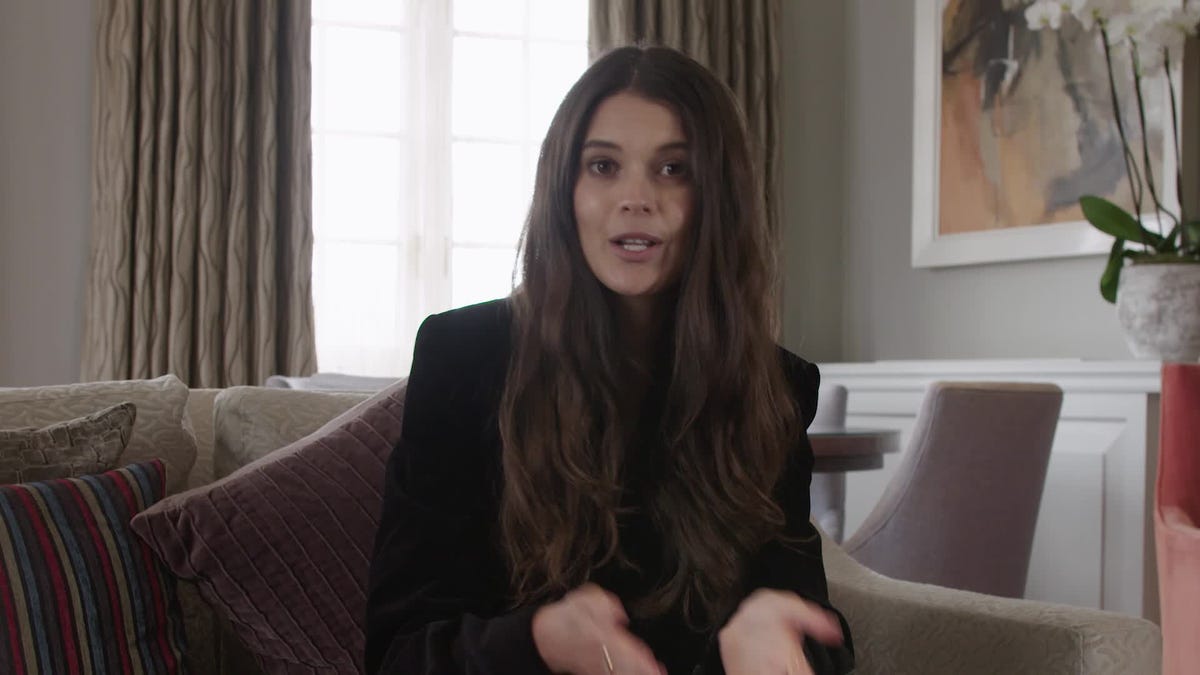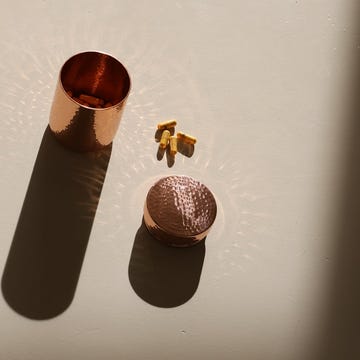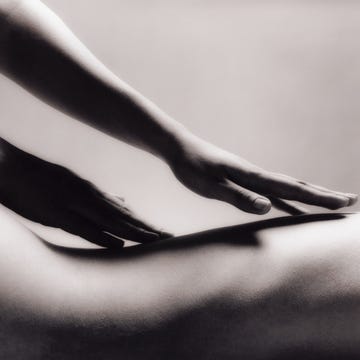We are in the midst of a lack-of-sleep epidemic; our lifestyles, our love of screens, and our various stresses are all converging to create poor sleep habits and subsequent health issues. Just because someone doesn't suffer from insomnia, it doesn't mean they're getting quality rest – there is a huge grey area in between of, simply, sub-optimal sleep.
So, to mark World Sleep Day, Bazaar has spoken to neuroscientist and sleep expert at Trouble Sleeping Dr Lindsay Browning to find out how we can understand precisely what a common garden variety lack of sleep is doing to us (for proper insomnia, see here), and how to overcome it.
What does a lack of sleep do to us physically and mentally?
"Just one night of sleep deprivation can reduce reaction times, reduce logical thinking, impair memory, and even make people more likely to take risks," explains Dr Browning. "Longer-term sleep deprivation, meanwhile, can lead to an increased risk of conditions like depression and anxiety, heart disease and stroke, Alzheimer’s, diabetes and obesity."
What are the main factors that contribute to bad sleep patterns?
Lifestyle issues, Dr Browning says, are usually the biggest offenders, and at a glance, these include:
- Not prioritising sleep
- Having inconsistent bed and wake times
- A poor bedroom set-up i.e. it's too light, hot or cold
- Excessive caffeine and alcohol intake close to bed time
- Too much stress
It might sound simple but, "In order to get the recommended 7-9 hours of sleep each night," says Dr Browning, "we need to prioritise going to bed early enough to allow for this."
On top of making time for enough sleep, "Having an inconsistent bed time and wake time disrupts our natural circadian rhythm, making it harder to fall and stay asleep," says Dr Browning. The advice is to try to go to bed and wake up at the same time every day, no matter whether it's Monday or Saturday. This helps your circadian rhythm maintain its, well, rhythm.
And while most of us know that consuming too much caffeine near bedtime can make falling asleep harder, probably less understood is that while "alcohol may help us fall asleep more quickly, the sleep quality won’t be as good," says Dr Browning. So while a late-night glass of red might make you feel dozy, it's likely to inhibit really restorative rest.
Avoiding stress close to bed time can be impossible, but Dr Browning emphasises how important it is: "When someone is stressed they'll have a racing mind, as well as physiological arousal (a racing heart and increased cortisol levels), and these can make falling asleep much harder."
What are the top tips for addressing bad habits, and ushering in good sleep hygiene?
For these bad lifestyle-related habits, Dr Browning says that, "having wind-down time before bed, with a consistent pre-bed time routine" is crucial. In one hit, it tackles prioritising sleep, regular bed times, and reducing stress. "It can make all the difference in helping set you up for quality sleep," she explains.
"As part of your pre-bed time routine you could read a book (which avoids sleep-hormone-disrupting blue light from phones and tablets), do some yoga, light some relaxing scented candles (lavender is proven to aid relaxation), drink a herbal tea or have a bath," says Dr Browning. "In fact, a warm cup of herbal or decaffeinated tea before bed can help signal to your brain that sleep is coming (I always have a cup of the Clipper Sleep Time tea every night before bed while reading a book)."
On the Bazaar beauty desk, we're also firm believers in the power of ritual as a tool for relaxation (studies agree and Hayley Pedrick, above, has some great guidance on this), so adding a good night-specific skincare routine to bath time can work wonders for the mind as much as for the complexion.
"Having a comfortable bed is also important for a good night’s sleep," continues Dr Browning. "Think about whether your mattress is supportive enough for your weight and sleeping position, as well as whether or not you need to invest in a new mattress if yours is old. Similarly, using the correct pillow for your sleeping style is important because it helps maintain the natural alignment of your spine during sleep."
Also along these lines, "If your curtains let in a lot of external light, you may want to replace them or use blackout blinds or even an eye mask," adds Dr Browning.
And the things never to do when you're struggling to sleep?
"As tempting as it might be to lie in bed awake for long periods when you’re struggling to get enough rest, this can actually increase anxiety about sleep and make falling asleep harder," says Dr Browning. "If you’ve been lying in bed for what feels like 20 minutes and you haven’t been able to fall asleep, then it’s a good idea to get up and do something pleasant like reading or meditating for a little while, before getting back into bed and trying to fall asleep again."
Whatever you do, if you are struggling to fall asleep, "do not reach for your phone to start scrolling through it in bed," warns Dr Browning. "This is probably one of the worst things you can do; [in addition to the blue light] it creates associations with bed being a place for being awake, instead of asleep."
The final thing that Dr Browning advises is, "not to be tempted to take a long nap to make up for the lost sleep; taking long naps during the day, especially in the latter part of the day towards bedtime, can interfere with your night’s sleep," she explains. "If you do want to nap, then try to keep it under 30 minutes and not after 2pm."













